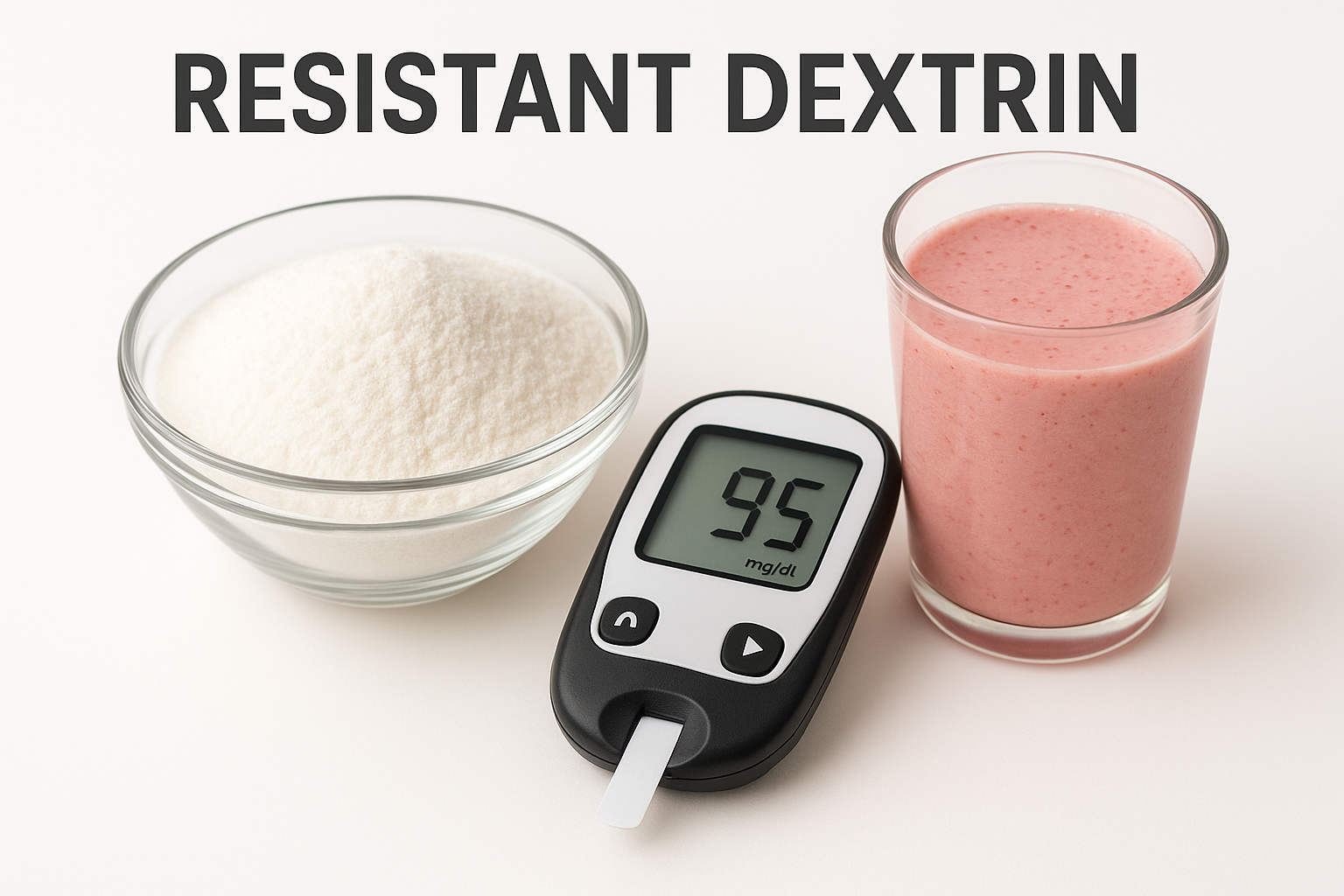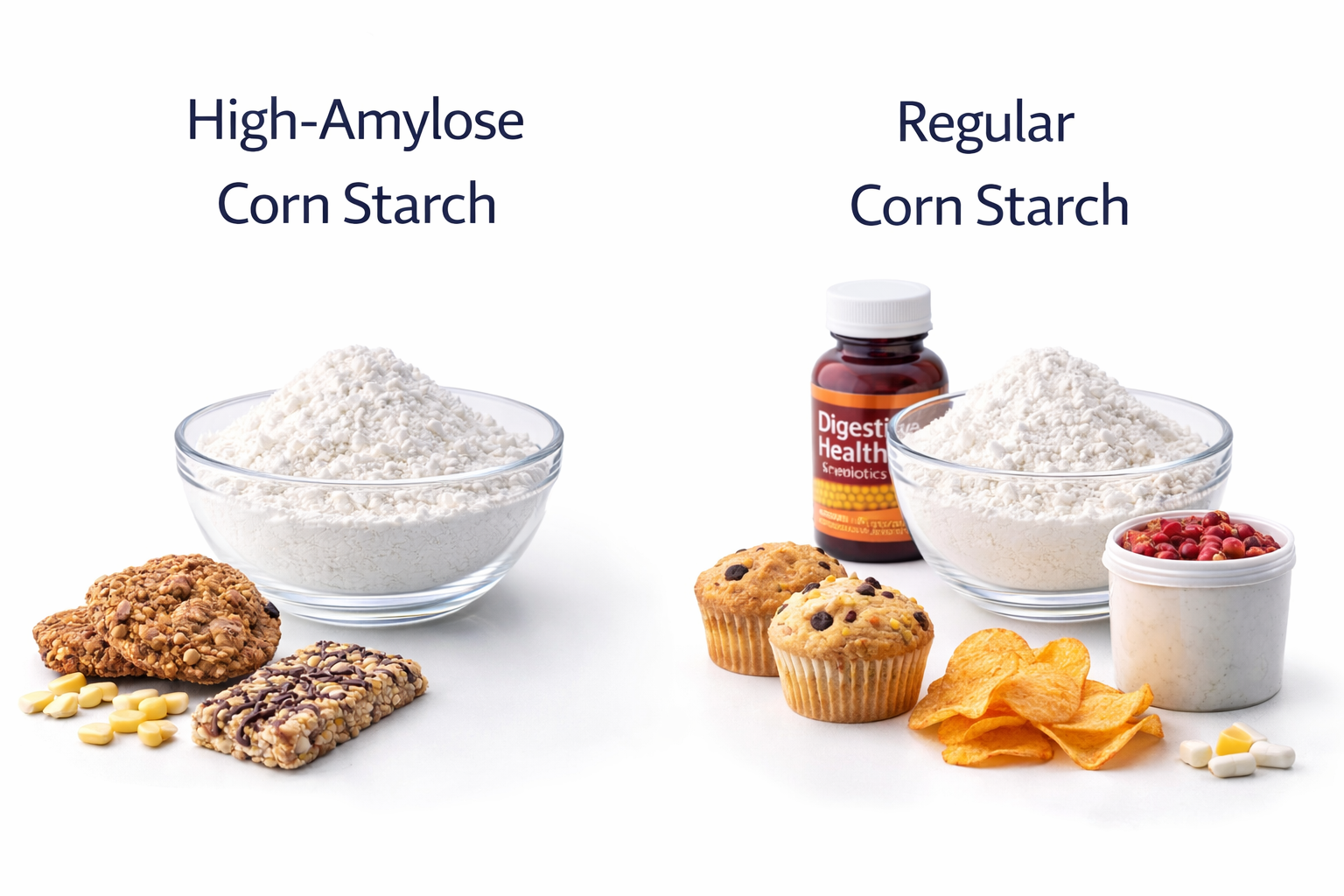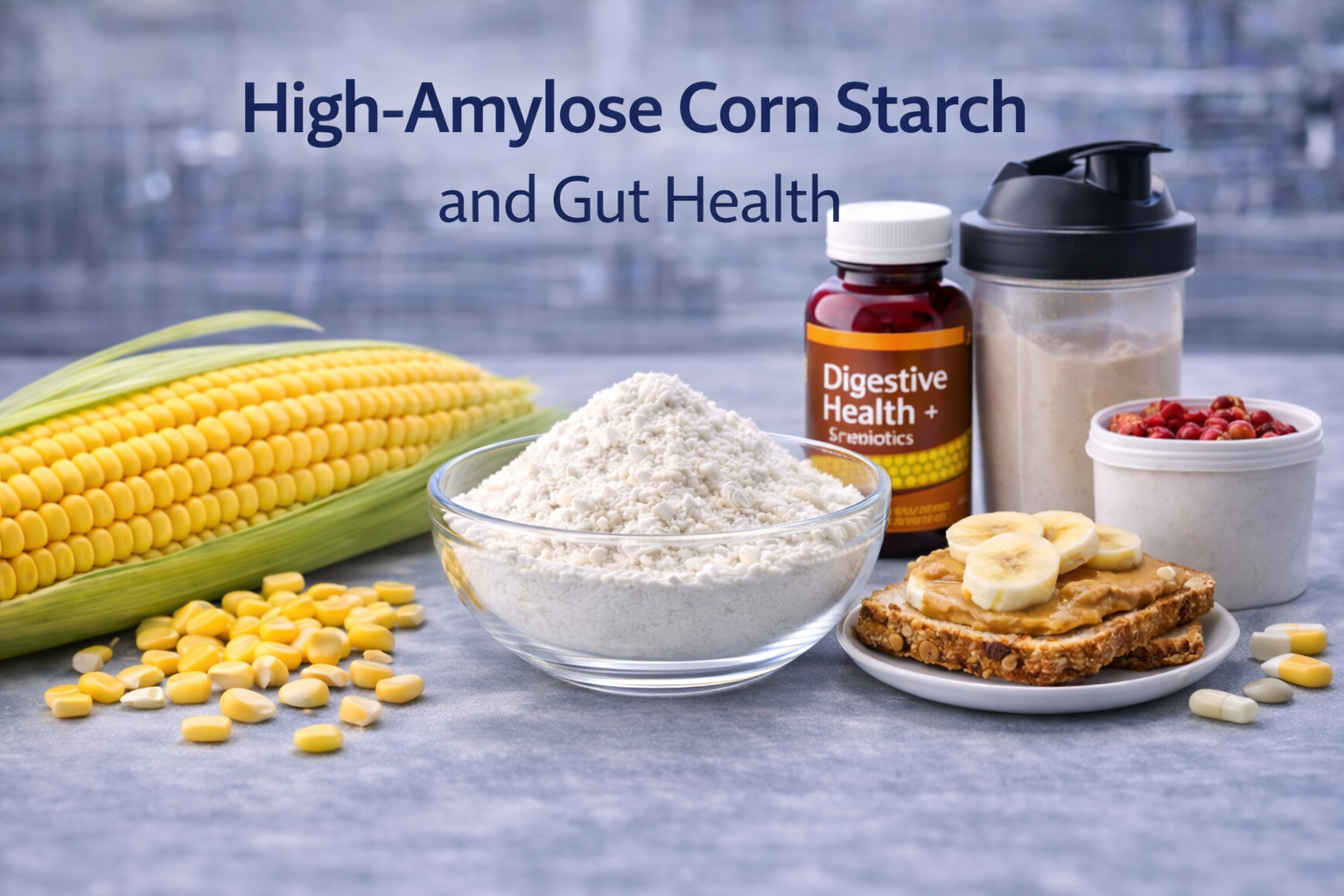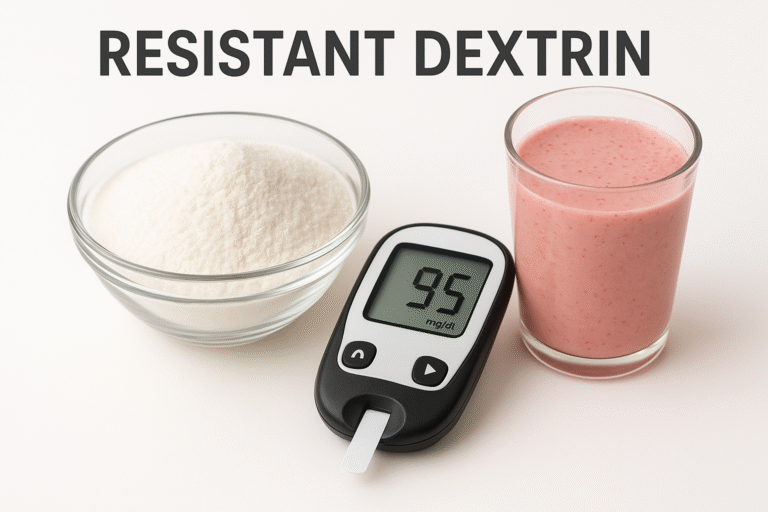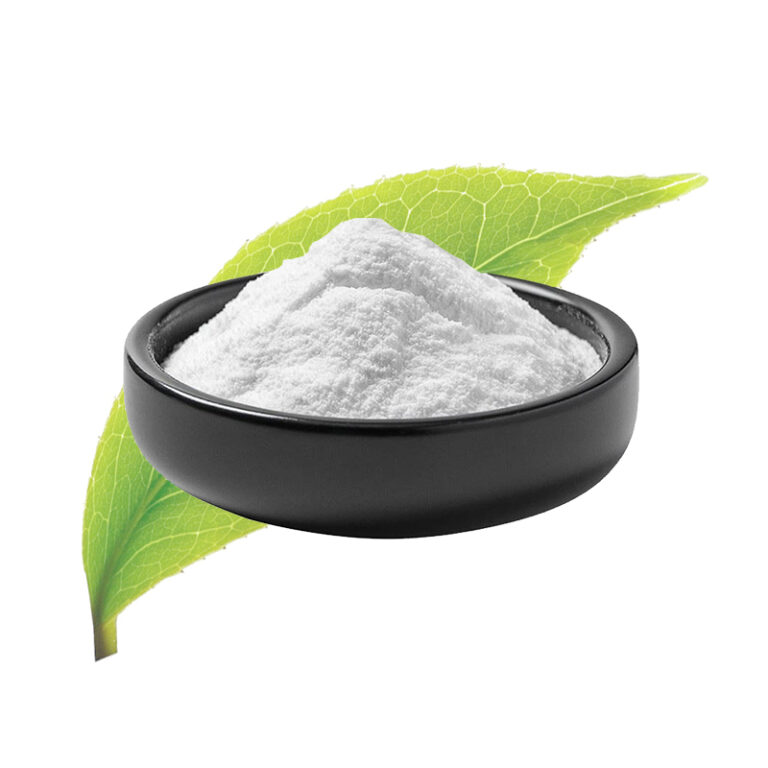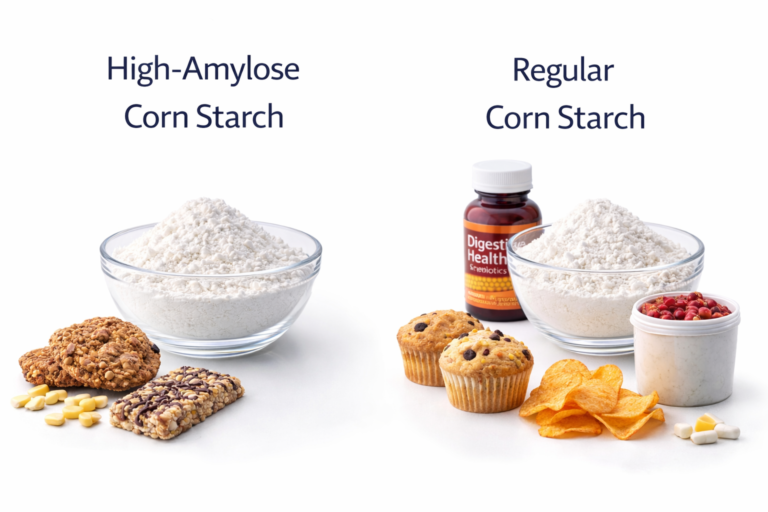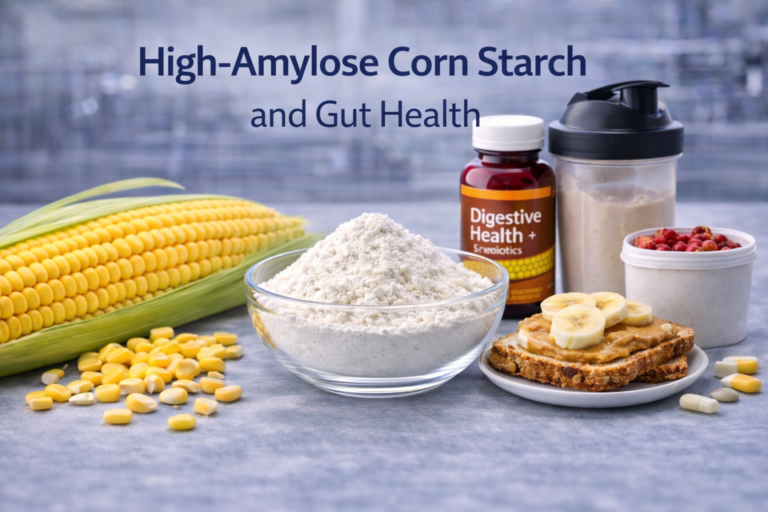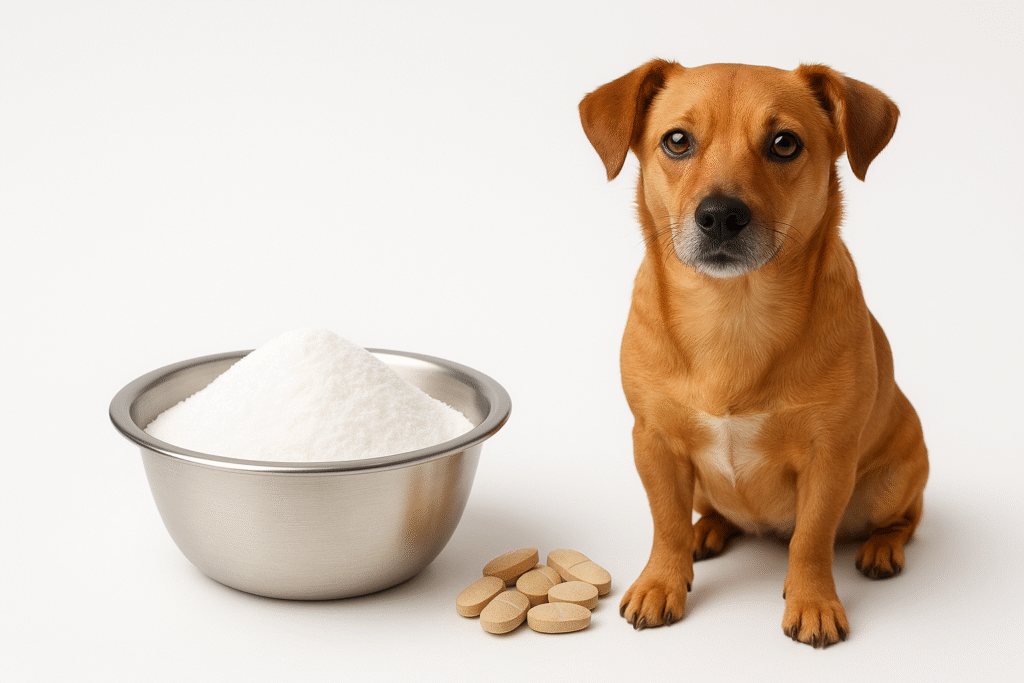
Many pet brands face a real struggle when they try to choose safe, stable, and reliable excipients for dog supplements. U want your formulas to stay solid during transport, break down properly in the stomach, and pass quality checks. U also want pet owners to trust the label. However, U may find that most excipients sound too “chemical,” and some customers feel unsure when they read names like microcrystalline cellulose. This can lead to hesitation, delay in finalizing formulas, and even fear that the ingredient may harm dogs.
U need something that solves this worry. Microcrystalline cellulose, often called MCC, helps U produce stable tablets and chewables for dogs, but U may still question its safety. U want a clear answer backed by science, not guesses. This guide gives U that answer in a simple way, so U can make confident decisions for your next product.
When U understand how MCC works, why it is approved for use in pet nutrition, and how it supports stable supplement production, U guide your customers with confidence. U build trust in your brand and create safer, more effective dog supplements.
Microcrystalline cellulose is considered safe for dogs when used in normal supplement levels. It is a purified plant-based fiber that works as a binder and bulking agent in dog tablets, chews, and capsules. It does not provide nutrition, but it helps create stable shapes, improves texture, and supports uniform dosing. Regulatory bodies, including the FDA and AAFCO, recognize cellulose as safe in pet products. MCC is non-toxic, non-allergenic, and not absorbed by the body. Dogs pass it through the digestive tract as fiber. When U use MCC correctly in your pet supplements, it supports manufacturing quality without posing harm to the animal.
To help U understand this ingredient fully and use it with confidence in your next formula, the sections below break down how MCC works, why it is safe, and how U can apply it in real supplement production.
1. What Is Microcrystalline Cellulose for Dogs?
Microcrystalline cellulose is a refined plant fiber obtained from cellulose. It is widely used in human supplements, pharmaceuticals, and food. In the pet industry, it serves the same purpose. U use MCC to help tablets stay firm, keep chews stable, and ensure accurate dosing. MCC does not change the active ingredients. It does not interact with vitamins, minerals, or herbal extracts. It only supports the physical structure of the product. This makes it one of the most trusted excipients in pet supplement manufacturing.
Microcrystalline cellulose for dogs is a plant-based fiber used as a binder and bulking agent in pet supplements.
[Sub-heading Featured Image Suggestion]
Close-up MCC powder with dog chewable tablets.
What MCC Is Made Of
- Derived from purified cellulose
- Comes from plant material such as wood pulp
- Processed to create consistent particle size
How MCC Supports Formulation
| Feature | Function in Dog Supplements |
|---|---|
| Flowability | Helps powders move smoothly during compression |
| Compressibility | Supports firm, stable tablets |
| Chemical Inertness | Does not react with active ingredients |
Why Pet Brands Use It
- Stable structure for chewables
- Better texture
- Clean-label positioning
- MCC is a non-reactive excipient used for product stability.
- MCC supports consistent dosing in dog supplements.
2. Why Do Dog Supplements Use Microcrystalline Cellulose?
Dog supplement production requires stability, flow, and uniformity. MCC meets these needs. U can improve tablet strength, reduce breakage, and keep formulas smooth during manufacturing. The ingredient plays a key role when U deal with herbal powders that clump or flow poorly.
Dog supplements use MCC because it improves stability, flow, and uniform dosing.
Key Functions
| Function | Benefit |
|---|---|
| Binder | Keeps tablets firm |
| Filler | Supports correct tablet weight |
| Disintegrant | Helps tablets break down properly |
- MCC reduces tablet defects.
- MCC supports faster production runs.
3. Is Microcrystalline Cellulose Safe for Dogs?
U want to know if this ingredient causes harm. MCC has been used for decades in pet nutrition. It is recognized as safe by major regulatory bodies. Dogs do not absorb MCC. They pass it as fiber.
Yes, microcrystalline cellulose is safe for dogs according to FDA and AAFCO guidance.
Regulatory Status
| Authority | Status |
|---|---|
| FDA | GRAS (Safe) |
| AAFCO | Allowed Fiber |
| EFSA | Non-toxic |
- MCC is non-toxic for dogs.
- MCC does not accumulate inside the body.
4. How Does MCC Behave in a Dog’s Digestive System?
Dogs cannot digest cellulose. MCC passes through the gut unchanged. This is normal and expected.
MCC acts as an insoluble fiber in dogs.
Digestive Path
- Not absorbed
- Adds stool bulk
- Supports regularity
- MCC acts as a dietary fiber.
- MCC does not impact nutrient absorption.
5. What Benefits Does MCC Bring to Pet Supplement Manufacturing?
U save time and reduce waste when U use MCC. Its flowability and stability support high-speed equipment.
MCC improves production efficiency and product stability.
Efficiency Gains
| Benefit | Explanation |
|---|---|
| Fewer defects | Stronger tablets |
| Faster runs | Better flow |
| Less downtime | Smooth lubrication |
- MCC supports mass-production scale.
- MCC works with most active ingredients.
6. How Should Pet Brands Choose MCC for Their Dog Products?
U should choose the grade based on particle size, flow needs, and equipment type.
Choose MCC grade based on flow, compressibility, and product type.
MCC Grades
| Grade | Use |
|---|---|
| MCC 101 | Direct compression |
| MCC 102 | Better flow |
| MCC 200 | Larger particle size |
- Different MCC grades support different equipment.
- Choosing the right MCC improves product consistency.
Conclusion
Microcrystalline cellulose is a safe, stable, and reliable excipient for dog supplements. It gives U strong tablets, clean structure, and stable formulas. It does not harm dogs, and it passes through the digestive tract unchanged. When U understand how MCC works and how to choose the correct grade, U strengthen your supplement line and improve customer trust.
U gain stronger dog supplement formulas when U source MCC from a trusted manufacturer. Besty Pharma offers high-purity microcrystalline cellulose designed for pet nutrition and large-scale supplement production. U receive consistent quality, stable supply, and full technical support so U can produce safe and reliable dog supplements with confidence.

